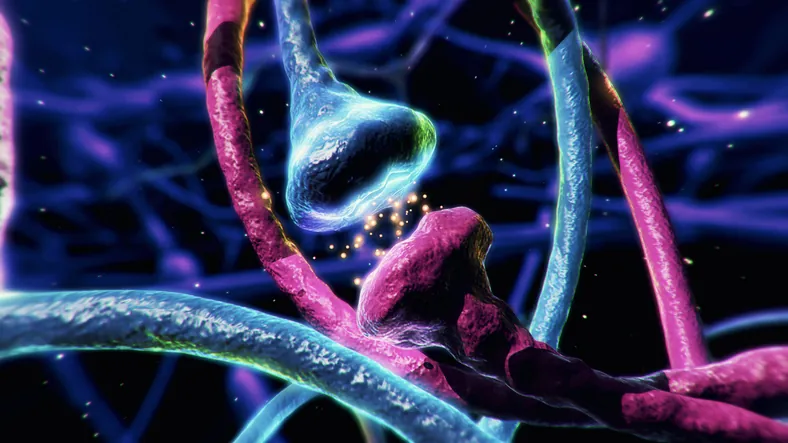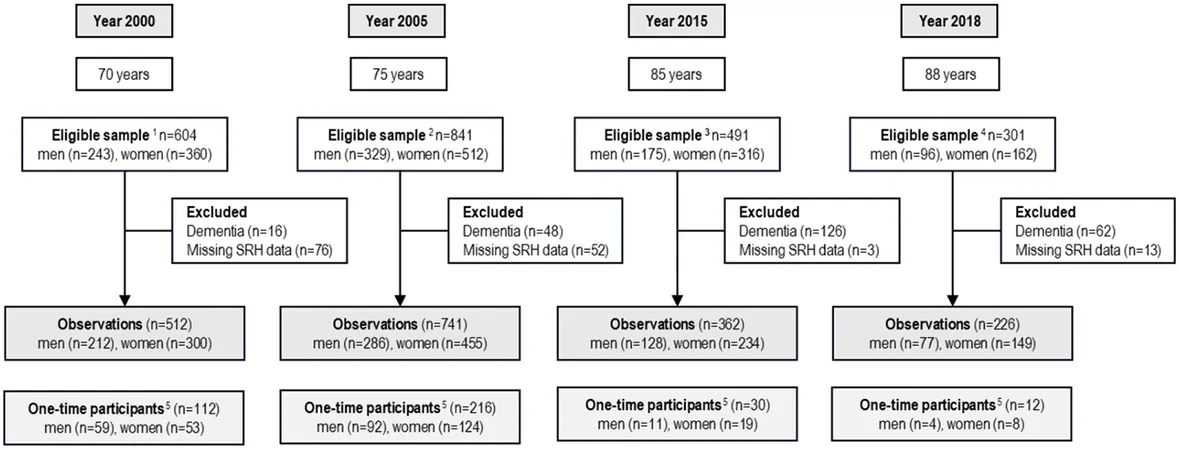
Breakthrough Discovery Uncovers New Parkinson's Genes!
2025-04-14
Author: Jia
Revolutionary CRISPR Research Unveils New Genetic Players in Parkinson's Disease
Scientists at Northwestern Medicine have made a groundbreaking discovery using CRISPR technology, identifying new genes that significantly impact the risk of developing Parkinson's disease (PD). They revealed that a unique group of 16 proteins, referred to as Commander, collaborates in a previously unidentified role, delivering essential proteins to the lysosome — the cell's waste disposal system.
Understanding Parkinson's: A Global Challenge
With over 10 million people grappling with PD worldwide, it stands as the second-most prevalent neurodegenerative disorder after Alzheimer’s. One perplexing challenge has been understanding why certain individuals with genetic variants linked to PD decline into the disease while others carrying the same variants do not. This research suggests that there may be additional genetic influencers at play, opening doors to new therapeutic targets.
A New Approach to Genetic Research
The team leveraged CRISPR interference to take a meticulous look at every gene in the human genome. "Our study uncovers how a blend of genetic factors contributes to diseases like Parkinson's, emphasizing that we must consider multiple therapeutic strategies to tackle these complex disorders," states Dr. Dimitri Krainc, the study's lead author and a prominent figure at Northwestern University's Feinberg Neuroscience Institute.
Link to GBA1 Gene Variants: A Double-Edged Sword
Previous studies identified that pathogenic variants in the GBA1 gene are the most significant risk factors for PD and related dementias. These harmful variants diminish the activity of glucocerebrosidase (GCase), an enzyme crucial for the lysosomal recycling process. Yet, the puzzle remains as to why some GBA1 carriers develop PD while others remain unaffected.
Spotlighting the Commander Complex
The Northwestern research team pinpointed Commander complex genes that play a crucial role in regulating GCase activity within lysosomes. By examining genetic data from large cohorts, such as the UK Biobank and AMP-PD, the scientists found loss-of-function variants in Commander genes among PD patients compared to those without.
Implications for Future Therapies
This discovery suggests that these genetic measures could elevate the risk of developing PD. The improper functioning of lysosomes is a hallmark of various neurodegenerative diseases, including PD. The study highlights the Commander complex's vital role in maintaining lysosomal efficiency, indicating that enhancing Commander protein function could revitalize the cellular recycling system.
A Broader Impact on Neurodegenerative Disorders?
As further research unfolds, scientists hope to understand the Commander complex's influence on other neurodegenerative conditions characterized by lysosomal dysfunction. "If we observe Commander dysfunction in these cases, drugs designed to target this complex may offer vast therapeutic potential, complementing existing PD treatments that enhance GCase activity," Dr. Krainc notes, hinting at exciting combinatorial therapy prospects.





 Brasil (PT)
Brasil (PT)
 Canada (EN)
Canada (EN)
 Chile (ES)
Chile (ES)
 Česko (CS)
Česko (CS)
 대한민국 (KO)
대한민국 (KO)
 España (ES)
España (ES)
 France (FR)
France (FR)
 Hong Kong (EN)
Hong Kong (EN)
 Italia (IT)
Italia (IT)
 日本 (JA)
日本 (JA)
 Magyarország (HU)
Magyarország (HU)
 Norge (NO)
Norge (NO)
 Polska (PL)
Polska (PL)
 Schweiz (DE)
Schweiz (DE)
 Singapore (EN)
Singapore (EN)
 Sverige (SV)
Sverige (SV)
 Suomi (FI)
Suomi (FI)
 Türkiye (TR)
Türkiye (TR)
 الإمارات العربية المتحدة (AR)
الإمارات العربية المتحدة (AR)